Mindfulness addiction recovery is an integral part of long-term sobriety and success. Most people practice some elements of mindfulness in their daily life without realizing it.
You were mindful each time you reached for a cookie and thought better of it, grabbing some yogurt and berries instead. Each time you stopped in the middle of your day, closed your eyes, took a breath, and counted to ten, you practiced mindfulness. Each time you felt a negative emotion and sat with it, you applied mindfulness instead of trying to change it.
If you are looking for a holistic drug rehab in California, Peninsula Health Center is here to help. Contact us today to learn more about how our Southern California addiction treatment programs can help put you on the path toward sobriety.
What is Mindfulness?
Mindfulness is thought by some to be associated with Buddhism, modern meditation practices, or yogic breathing. There is truth to all of that.
However, mindfulness addiction recovery has sprung up as a critical part of addiction treatment in the last decade.
- It is a way of being mindful of all things around you.
- With mindfulness, you develop the ability to accept your present situation or moment without the need to change it.
- You are more aware of what is happening in the present, and you can avoid acting on impulses.
How Does Mindfulness Support General Wellness?
There are numerous ways that mindfulness supports general wellness. Mindfulness is a way to focus on the present moment and avoid impulses or desires.
Consider this scenario:
Gina is on stage, performing the violin. She is in the middle of a complicated solo and suddenly feels an itch. She is aware of the itch but ignores it so that she can finish her song. When she is done, she stands, takes a bow during the applause, and walks off stage. The itch has subsided.
This is one simple example of how we practice mindfulness in little ways. Gina did not immediately act on her impulse to scratch the itch because she was aware of her present moment and the disruption that would cause.
Consider another example:
Mark wakes up on Saturday morning with no plans. He feels an impulse to entertain himself while having his morning coffee by checking his phone, scrolling through the top posts, or watching a video. Instead, he stands at his back door and watches the rainfall on the field. He takes a deep breath, holding his breathing for a count of 4 for each inhale and exhale. He softens his shoulders, unclenches his jaw, and feels relaxed.
In this second example, Mark avoided the impulse to entertain himself and was present in the moment. He practiced mindful breathing and being in the moment.
For addiction, these impulses and desires become a bit more profound, like a craving for drugs or alcohol, but the principle is the same.
What is the Importance of Mindfulness in Recovery?
The three key parts of mindfulness are essential for mindfulness in recovery.
- You can be aware of your present situation and acknowledge all parts of it, accepting and loving who you are in every moment. This helps you focus on your recovery at the moment without getting stuck in past mistakes or future worries.
- You can develop the ability to be in the moment without changing it. This is important when experiencing the discomfort of recovery. There are many moments during sobriety when you might experience sadness, longing, regret, happiness, achievement, setbacks, and everything in between. With mindfulness recovery, you learn to accept each of these without the immediate desire to change them. This makes it easier to sit with a feeling of discomfort from cravings or regret without jumping to something you can use to make those feelings disappear.
- You can be aware of the present without acting on impulse. It is our natural impulse to want to feel more if something makes us feel good or to try and feel less if something makes us feel bad. But this is what leads to cravings and relapse. Mindfulness for addiction helps you avoid acting on impulse, which provides long-term coping strategies, and relapse prevention tips.
Peninsula Health Center Offers Holistic Treatment and Mindfulness Coaching
Peninsula Health Center provides comprehensive mindfulness recovery programs. We help you treat substance abuse and mental health issues concurrently. Mindfulness for addiction can be customized to your needs.
When you visit our rehab center, we will work with you to create the mindfulness recovery plan that best fits your needs. For example, if you are religious, we can help integrate aspects of your faith into the plan. If you need a more secular approach, we can accommodate that in your mindfulness addiction recovery. Contact Peninsula Health Center today to learn more about mindfulness in recovery.





